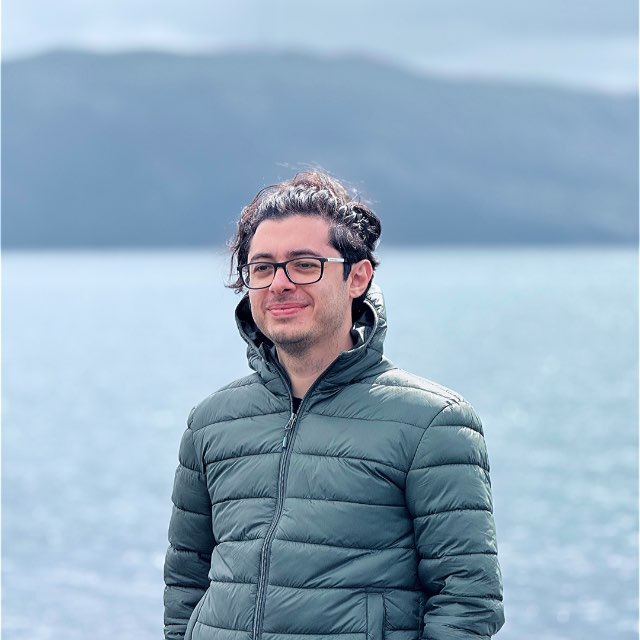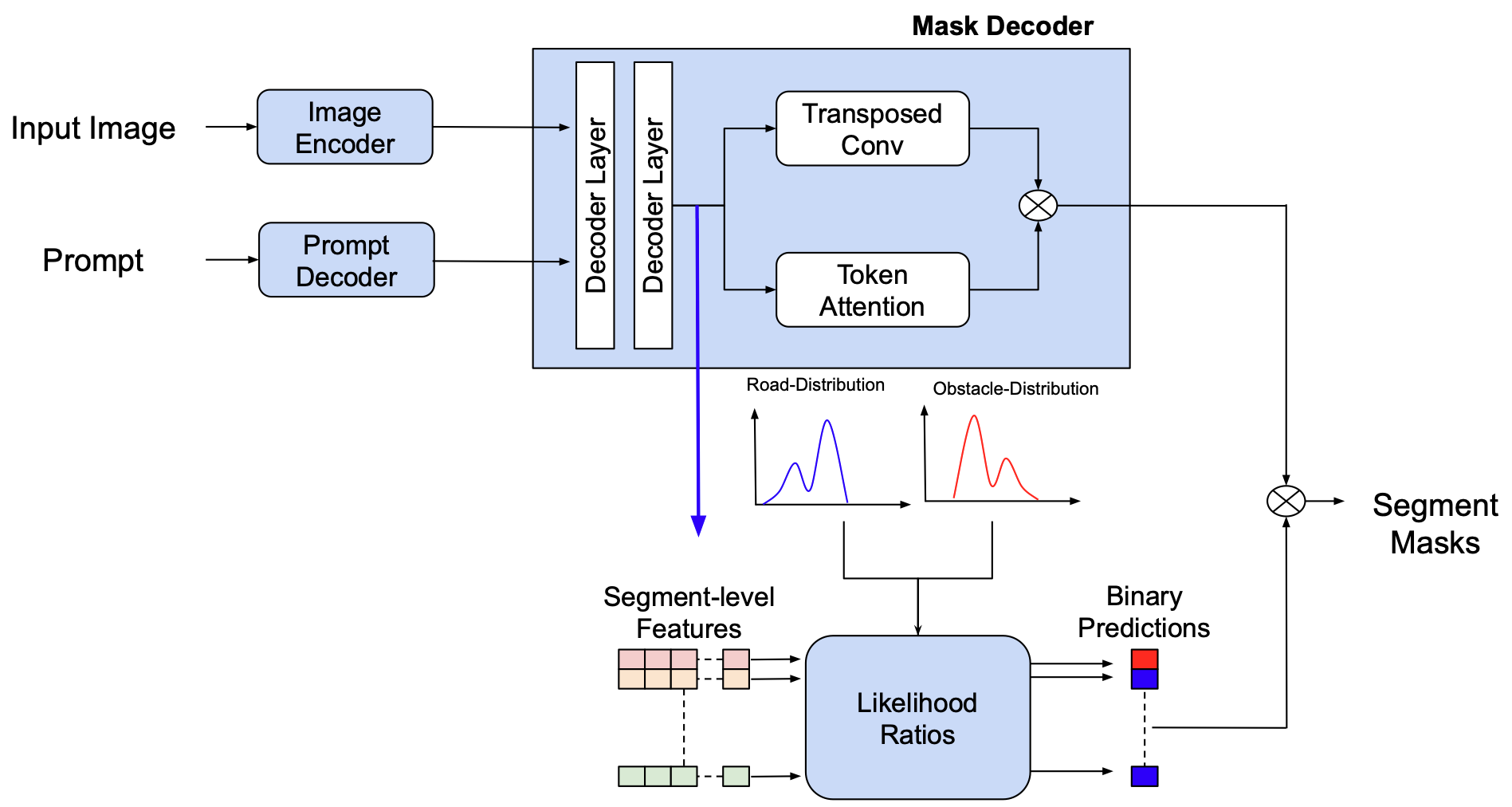Nazir Nayal
Doctoral Researcher @ Max Planck Institute for Informatics

Max-Planck-Institut für Informatik
Saarland Informatics Campus
Campus E1 4 66123 Saarbrücken, Germany
I am a doctoral researcher at the Geometric Representation Learning (GRL) group led by Jan Eric Lenssen, which is a part of the Computer Vision and Machine Learning Department at the Max Planck Institute for Informatics in Saarbrücken, Germany, and a PhD student at Saarland University as part of the CS@Max Planck Doctoral Program.
I obtained my Computer Sciences and Engineering MSc degree from Koç University in Istanbul, Turkey, where I was a research fellow at the Koç University & İş Bankası Artificial Intelligence Center (KUIS AI), working under the supervision of Fatma Güney and João F. Henriques from VGG-Oxford.
I graduated with a BSc from Koç University Computer Engineering Department and was a recipient of Abdulla Al Ghurair Foundation for Education (AGFE) STEM Scholarship.
Research
My work during my MSc was mainly on open-world segmentation and uncertainty estimation. My current research focuses on improving the efficiency and applicability of diffusion-based generative models to different domains, such as multi-modal generation.
news
| Aug 01, 2025 | Joined the Geometric Representation Learning Group at MPI-INF D2 Department as PhD student under the supervision of Jan Eric Lenssen. |
|---|---|
| Jun 09, 2025 | Our paper “A Likelihood Ratio-Based Approach to Segmenting Unknown Objects” has been accepted to the International Journal of Computer Vision (IJCV)! |
| Sep 15, 2024 | Joined the Computer Vision and Machine Learning department at the Max Planck Institute for Informatics (MPI-INF) as a PhD student through the CS@Max Planck Doctoral Program. |
| Sep 10, 2024 | Our new paper “A Likelihood Ratio-Based Approach to Segmenting Unknown Objects” is out! |
| Sep 24, 2023 | Started as a Graduate Student Visitor at VGG Oxford. |
latest posts
| Oct 09, 2024 | A Dive into 3D Reconstruction Literature |
|---|---|
| Oct 04, 2024 | Road to 3D Gaussian Splatting |
| Dec 11, 2020 | Bayesian Networks |


